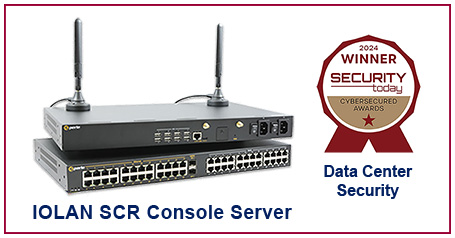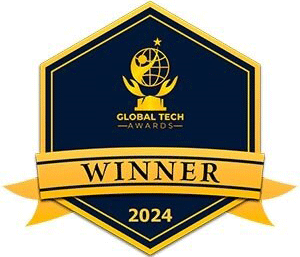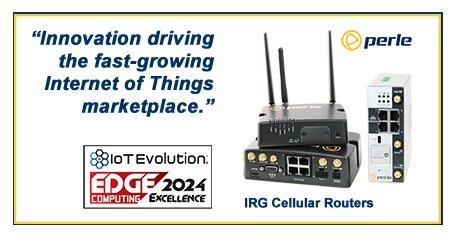
Technology still a disrupter in smart grid industry
By Donna DonnowitzFebruary 18, 2014
"As solar panels come down in price and go up in harnessability, the relationship consumers have with energy will change, transforming them into prosumers - where they are producers as well as consumers," said Christine Herzog, according to the report. In fact, new policies allowing consumers who can't afford solar for their own homes to invest in solar panels for others and receive some return on that investment are demonstrating exactly how driven the "prosumer" ideal is.
In order to leverage these "disruptions" and utilize them for growth and the innovations they truly are, providers will need to optimize their smart grid infrastructure with the right technology that meets policy expectations and delivers the right support consumers looking to take advantage of the smart grid in their own way. In return, utilities will see their profits go up and increased reliability of their network. This is driven by consumer support and the proper harnessing of new technologies as beneficial, rather than costly, disruptions.
Perle offers a range of cost effective serial-to-Ethernet converters to help meet NERC-CIP compliance for the protection of critical cyberassets in substations. The IOLAN SDS HV/LDC Terminal Server is designed to meet harsh environments associated with Power Substations with attributes such as support for substation AC and DC voltage ranges, extended operating temperatures and meeting emission, immunity and safety approvals associated with substation IT equipment.



